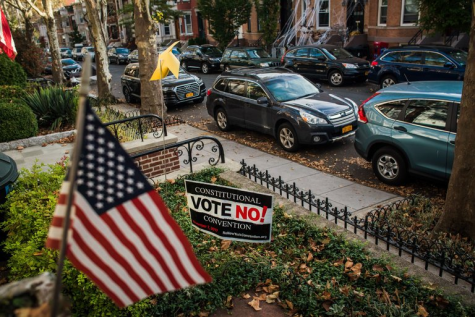California’s End of Life Option Act Signed into Law
California recently became the fifth state to allow doctors to prescribe life-ending drugs to incurable patients and those in critical conditions. Governor Jerry Brown told the LA Times that the “The End of Life Act” is not an ordinary bill, considering it deals with the matter of life and death, and approving it. The LA Times reports that it “appeared to be a gut-wrenching decision” for Brown. The bill enables physicians to provide lethal medications only to “mentally competent adults” who have been diagnosed with a terminal disease and will encounter the expectation of death within six months.
“I do not know what I would do if I were dying in prolonged and excruciating pain. I am certain, however, that it would be a comfort to be able to consider the options afforded by this bill. And I wouldn’t deny that right to others,” Governor Brown wrote in a letter to state lawmakers. Although it was an extremely hard bill to pass, Governor Brown asserted that people should still have open-ended options of how to live their lives.
Many religious groups and supporters for people with disabilities have opposed the bill, arguing that it is against the will of God to put terminally ill patients in jeopardy for constraining death.
The public, however, has argued that there is a clear-cut difference between “assisted suicide” and “death with dignity,” and that the former phrasing contradicts the meaning of the bill. There have been several controversies of what name the bill should take. Death with dignity refers to what happens when a physician provides a patient desired life-ending drugs to eliminate his or her pain. “Suicidal people don’t really want to die. What they want to do is escape what they see to be an intolerable situation,” argues Dr. Aaron Kheriaty, an associate clinical professor of psychiatry and the director of the Medical Ethics Program at the University of California, Irvine School of Medicine. Many people oppose the bill while others are in favor of it.







